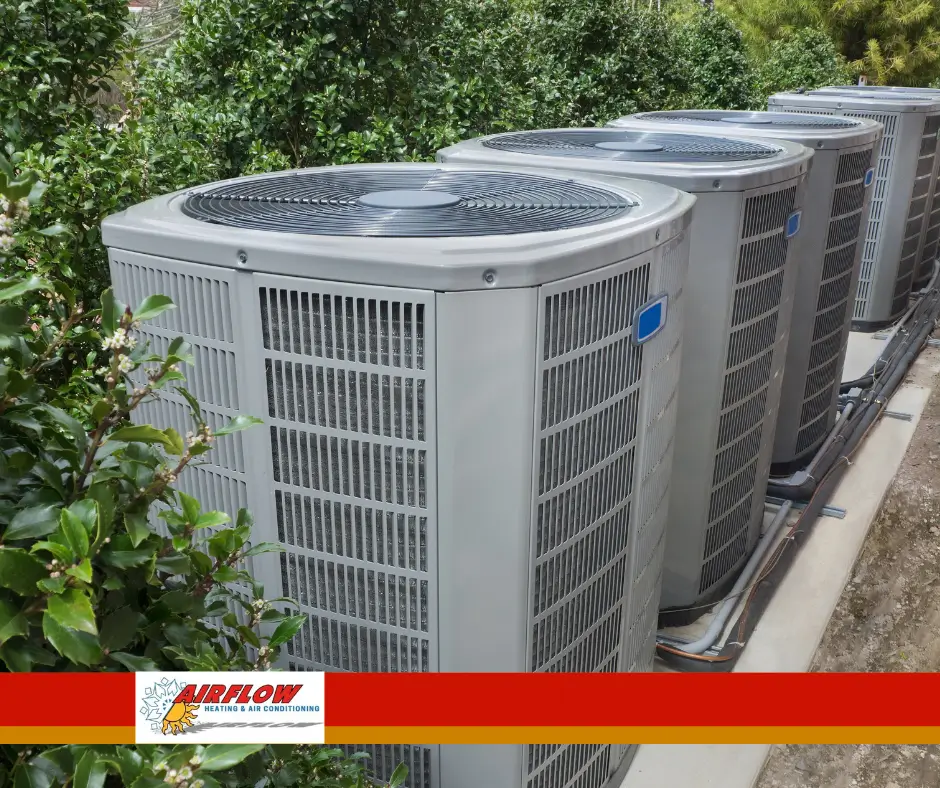When the heat rises, there’s nothing more comforting than stepping into a cool, climate-controlled home. But if your current system struggles to keep up—or if you’re building or renovating—it may be time to consider a new air conditioning installation.
With so many options available, selecting the right AC unit can feel overwhelming. From system types to energy ratings, understanding what fits your home best is crucial for performance, comfort, and long-term savings. This guide will help you navigate your choices and find the perfect air conditioner for your needs.
1. Understand Your Cooling Needs
Before diving into brands or features, assess your home’s size, layout, and cooling requirements. The wrong-sized unit—whether too big or too small—can lead to energy inefficiency, uneven cooling, or premature wear and tear. A professional air conditioning installer can perform a load calculation to recommend the correct size (measured in BTUs or tons) based on your square footage and insulation levels.
Sub keywords to consider: AC sizing, cooling capacity, HVAC system design.
2. Choose the Right Type of AC System
There are several types of systems available for residential air conditioning installation, each with its pros and cons:
- Central Air Conditioning: Ideal for whole-home cooling, with a ducted system and thermostat control.
- Ductless Mini-Split: Great for homes without ductwork or for room-by-room cooling control.
- Window or Wall Units: Cost-effective for single rooms but less energy-efficient overall.
- Heat Pumps: Provide both heating and cooling and are energy-efficient in moderate climates.
If you’re upgrading from an older system, it’s also a good time to evaluate whether your ductwork needs repair or replacement.
3. Focus on Energy Efficiency
Energy efficiency is more than a buzzword—it directly impacts your comfort and your utility bills. Look for air conditioners with a high SEER (Seasonal Energy Efficiency Ratio) rating. The higher the SEER, the more energy-efficient the system.
Units with the ENERGY STAR® certification meet government standards for efficiency and performance. While they may have a higher upfront cost, they typically pay for themselves in energy savings over time.
Related keywords: SEER rating, energy-saving AC, efficient HVAC systems.
4. Consider Smart Features and Controls
Modern AC units often come with built-in smart technology, allowing you to control your system remotely via smartphone apps. Some systems can learn your schedule and adjust cooling automatically for maximum comfort and efficiency.
Other useful features include:
- Programmable thermostats
- Zone cooling capabilities
- Humidity control functions
Integrating these features into your air conditioning installation can help you better manage energy use while enjoying customizable comfort.
5. Don’t Overlook Installation Quality
No matter how advanced your new system is, improper installation can cause long-term problems. Always work with certified professionals who specialize in air conditioning installation. They should be licensed, insured, and experienced in working with the type of system you’re choosing.
Ask for references, check reviews, and ensure they offer a service warranty. Proper HVAC installation ensures optimal performance and efficiency from day one.
6. Factor in Maintenance and Warranty Coverage
A good AC system should come with a solid warranty—typically covering parts for 5 to 10 years. But maintenance matters, too. Ask your installer about available service plans, which may include seasonal checkups, filter changes, and emergency repairs.
Regular maintenance not only keeps your system running smoothly but also ensures warranty compliance and extends your unit’s lifespan.
7. Budget and Long-Term Value
Price is always a factor, but it’s important to weigh upfront costs against long-term value. More efficient systems may cost more to install but can lower monthly energy bills and require fewer repairs.
Also, explore local rebates, tax credits, or financing options to make your investment more manageable. Many energy providers offer incentives for installing high-efficiency systems.
Conclusion: Comfort Starts with the Right AC Choice
Choosing the right AC unit is about more than just staying cool—it’s about smart, energy-conscious living. From proper sizing and energy efficiency to professional air conditioning installation, each decision contributes to your comfort and your savings.
Consult with local HVAC experts to evaluate your home’s needs and make an informed, cost-effective choice that will keep you cool for years to come.
READ MORE:





